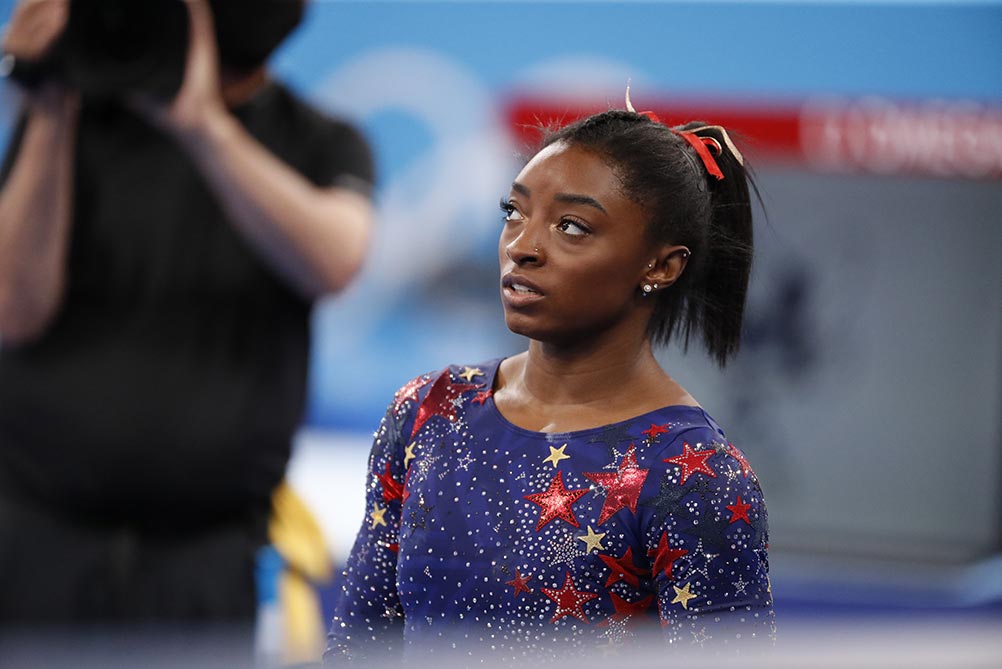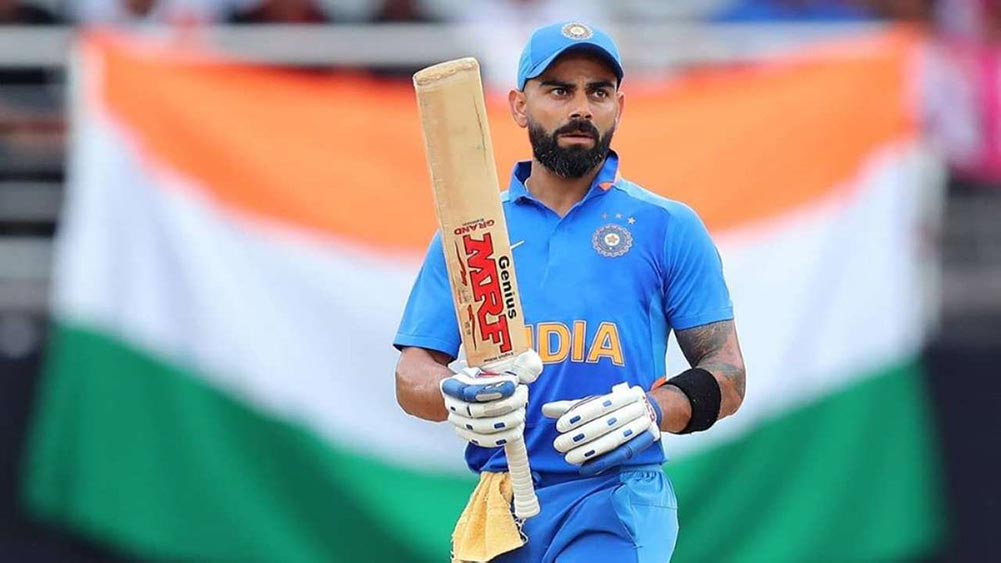Simone Biles, announcing that her mental health takes precedence over everything else, even the Tokyo Olympics. Naomi Osaka, talking about how stressful press conferences can be for a player, and walking out of one. These might be just the two most recent events in our memories—and international ones at that—but they highlight a field which is growing in need, because its importance is now being felt across the world: Sports psychology.
Sports may be entertaining, and even a religion for many, but the fact remains that sportspersons—even the ones equated with gods—are actually human. They work hard, persevere, and aim to win, not just for personal wins but national pride and glory too. If that isn’t stressful, what is? From anxieties about performance to dealing with both victory and defeat, a sportsperson has a lot to deal with, and their mental wellbeing plays a huge role here.
And that is precisely why the field of sports psychology—which is an off-shoot of both sports science and psychology—is now in vogue. The necessity of looking after the mental wellbeing of our sportspersons, no matter which sport they play, what their gender, or even whether they are able-bodied athletes or para athletes, is now urgently felt. Here’s everything you need to know about sports psychology, and especially why it’s important for India.

American gymnast Simone Biles withdrew from the Tokyo Olympics citing her mental health as a reason.
What is sports psychology?
According to the American Psychological Association (APA), sports psychology is a proficiency that uses psychological knowledge, skills, and techniques to assist and address the optimal performance and mental health of athletes. The field focuses on the development and social aspects of sports participation, while also addressing the systemic issues related to sports settings and organisations. The interventions and techniques designed in sports psychology can assist not only athletes and sportspersons, but also coaches, parents, and administrators.
This assistance must be provided across a number of settings and levels of competitions, ranging from recreational participants and youth athletes to senior, international and Olympic-level performers. Though there are a number of techniques and procedures used under sports psychology, the following are some methods that are generally used.
Consultation and training: The consultations can range from team building to building support systems within a sportsperson’s family and friend circles. The training can also include educating coaches and administrators about motivation building, interpersonal and leadership skills, talent development, and early identification and prevention of psychological issues in the team or athletes.
Cognitive and behavioural skills training: From self-regulation techniques to strategies to build self-confidence, self-esteem, and competence, these trainings are aimed at goal setting and performance planning for sportspersons. It also covers emotion management, sportsmanship and leadership skill development.
Counselling and clinical interventions: When a psychological crisis does arise, these interventions can help manage a wide range of issues. This includes motivation management, burnout, injury rehabilitation, grief, depression, substance abuse, aggression and violence, career transitions, as well as sexual identity issues.

Virat Kohli opened up about his struggles with mental health in a podcast.
Why India needs sports psychology
Given how holistic a well-developed sports psychology programme can be when supported amply by people in authority, its importance in India cannot be denied. This is especially true since over the last decade, many Indian sportspersons have come forward to destigmatise mental health and talk about their own struggles. Virat Kohli came out to speak about his own struggle with depression around 2014 while speaking to Mark Nicholas, the former England cricketer, on his podcast. Kohli described how lonely it felt and how much it affected his self-esteem and ability to perform. “A lot of people suffer from that feeling for longer periods of time,” he had commented on the podcast. “I strongly feel the need for professional help there, to be honest.”
Olympic gold medal-winning shooter Abhinav Bindra, Olympian swimmer Rehan Poncha, footballer Baichung Bhutia, and even former cricket commentator Maninder Singh have all opened up in recent years about their own struggles with everything from performance anxiety and depression to handling failure and rejection. So, people within the sports system in India feel the need to have a good psychological support system in the form of well-run sports psychology programmes. Given the fact that Indian athletes of all ages, genders and capabilities are also facing a world that has been changed, perhaps irrevocably, by the COVID-19 pandemic—a world where even the nature of competitions and protocols around them are changing and being rewritten—the importance of sports psychology is even more highlighted.

Sports psychology emerged in India as a part of Sports Science and Medicine.
Sports psychology: Still a budding field in India?
So, what is the state of sports psychology in India? Well, by all accounts, it is still a budding field—which is a status we need to change as soon as possible if we are to support our sportspersons properly. According to a 2020 study in the Indian Journal of Mental Health, sports psychology was first introduced as a minor subject when the Faculty of Sports Science was established at the Netaji Subhas National Institute of Sports (NIS), Patiala, in 1983. Since then, the subject itself has grown in importance within the parameters of sports science. The focus of sports psychology in India is largely on the personality of athletes, while other aspects like anxiety and arousal, intelligence and creativity are also traced where research in this field is concerned.
This study clearly highlights the need for sports psychology in India to be more integrative in its approach—a need which can be met by addressing core obstacles like lack of awareness, myths and stigma, and a lack of formalised academic courses on sports psychology as a subject to create a pool of trained professionals. Another study, though older, highlights these very obstacles that hinder the development of sports psychology in India.
In a study published in 2010 in the British Journal of Sports Medicine, Dr Chaitanya Sridhar (the sports psychologist working with Royal Challengers Bangalore) highlighted the urgent need to develop sports psychology as a field in India, while explaining why the field hasn’t perhaps gained the popularity it deserves in the country. “Till date, many players and coaches think going to a psychologist means there is a ‘problem’,” he explained in the study. “Some of the other reasons are the lack of resource personnel, lack of awareness, following traditional methods of coaching with little emphasis on sports psychology and sports science.”
Dr Sridhar also focused on how image management can come in the way of getting help in India, especially if sportspersons themselves are living in denial and unwilling to address these issues. “Mental skills training ought to be treated as a component of peak performance akin to physical training,” he says in the study. “Only then can we think of achievement.”